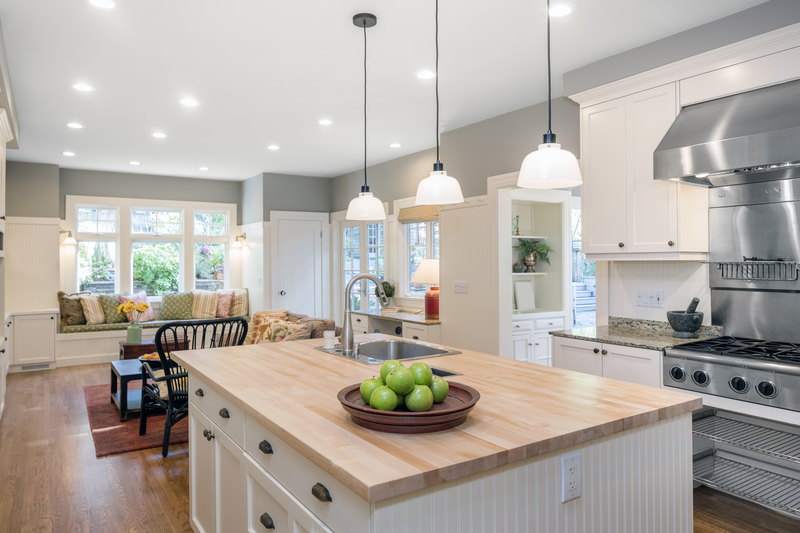Protecting your back and your piano's integrity
Posted on 29/04/2025
As a piano player, your instrument is not just a tool for making beautiful music, but also an extension of yourself. It requires constant care and maintenance to ensure its longevity and optimal performance. However, in the process of caring for your piano, it is important not to neglect your own well-being. Playing the piano can put strain on your back and body, which can lead to injury if proper precautions are not taken. In this article, we will discuss tips and techniques for protecting both your back and your piano's integrity.
Understanding the Risks
Before we dive into the ways to prevent injuries while playing the piano, it is important to understand the risks involved. Sitting at the piano for extended periods of time can lead to back pain, neck pain, wrist strain, and even carpal tunnel syndrome. These conditions can be debilitating and may hinder your ability to play the piano in the long run.
Moreover, there is also a risk of damaging your piano if it is not properly maintained or played with improper technique. This can result in costly repairs or even irreversible damage to your instrument.

Proper Technique
One of the most effective ways to protect your back and your piano is to use proper playing technique. This includes maintaining proper posture while sitting at the piano by keeping your back straight and shoulders relaxed. Avoid slouching or hunching over the keys as this can put unnecessary strain on your spine.
It is also important to keep your wrists in a neutral position while playing. Bending them too much can cause discomfort and strain on your joints. Additionally, make sure to take breaks between practice sessions to rest your hands and avoid overuse injuries.
Ergonomic Setup
In addition to using proper technique, having an ergonomic setup for your piano can greatly reduce the risk of back pain and other injuries. Adjust the bench height so that your arms are at a comfortable angle when playing. This will prevent you from having to strain your arms and shoulders.
Investing in a piano with a key-weighted keyboard can also help reduce strain on your hands and wrists. These keyboards mimic the weight and feel of an acoustic piano, providing a more natural playing experience.
Piano Maintenance
Proper maintenance of your piano is essential for both its longevity and your own safety. Regularly inspect and clean your piano to ensure it is in good working condition. Keep an eye out for loose parts or broken strings, as these can cause potential hazards while playing.
It is also important to have your piano tuned at least once a year by a professional technician. A well-tuned piano not only sounds better but also requires less force to play, reducing strain on your hands and fingers.
The Pros and Cons
There are numerous benefits to taking care of both your back and your piano. By using proper technique, maintaining an ergonomic setup, and regularly tuning your instrument, you can prevent injuries and ensure that your piano remains in top condition for years to come.
On the other hand, neglecting either your own physical well-being or the maintenance of your piano can have serious consequences. Back pain and injuries can make it difficult to play the piano, while neglecting proper maintenance can result in costly repairs or even render the instrument unplayable.

Takeaways
- Use proper playing technique to avoid strain on your back, wrists, and fingers.
- Set up an ergonomic space for your piano to reduce the risk of injuries.
- Regularly maintain and tune your instrument to ensure its longevity.
Conclusion
Playing the piano is not just about producing beautiful music; it is also about taking care of yourself and your instrument. By following the tips and techniques outlined in this article, you can protect both your back and your piano's integrity. Remember to prioritize proper technique, maintain a healthy posture, and regularly care for your piano. This will not only enhance your playing experience but also ensure that you can continue making music for years to come.
Latest Posts
Expert Techniques for Transporting Hazmat
Proper Ways to Dispose of Cardboard Boxes
Extra Costs in Global Relocation Budgeting
Ways to Save Money on Your Move
Packing Hacks: How to Make Your Own Wardrobe Boxes for Moving







